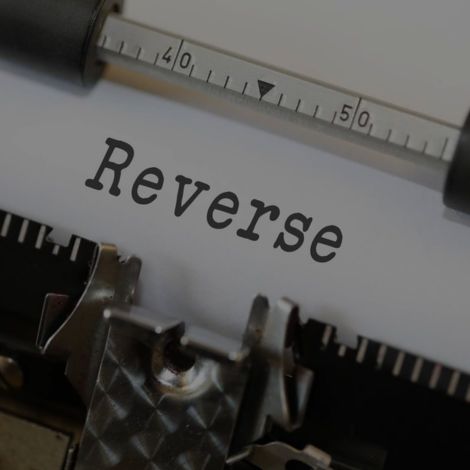
Reverse passing off is not something that courts encounter every day. It occurs when a defendant purchases a plaintiff’s product, repackages, and sells it under the defendant’s mark or name, resulting in the public coming to associate the qualities of the plaintiff’s product with that of the defendant.
When this adversely affects the goodwill of the plaintiff, it is a reverse passing off. Recently, the Delhi High Court addressed this issue in Western Digital Technologies Inc & Anr vs Geonix International Private Limited.
The plaintiffs, Western Digital Technologies Inc and its subsidiary (Western Digital), manufacture storage devices under the trademarks ‘WESTERN DIGITAL’ and ‘ULTRASTAR’. They sued Geonix International Private Limited (Genoix) for refurbishing and rebranding storage devices, media players, routers, switches, bridges, desktops and solid-state drives (SSDs) and hard disk drives (HDDs), originally manufactured by Western Digital and selling them as new under the trademark ‘GEONIX’.
Upon becoming aware of the violation, Western Digital investigated the activities of Geonix, and the findings confirmed the refurbishment and rebranding of their products by Geonix. It was found that Geonix physically altered Western Digital’s trademarks, serial and model numbers, and other identifiers from the HDDs. Further, they effaced the erstwhile model and serial number on the printed circuit board (PCB) of the HDDs by reformatting the PCB with their own markings. Thereafter, Geonix rebranded and repackaged the discarded HDDs under the mark ‘GEONIX’, and sold these to customers by misrepresenting them to be new and unused HDDs.
Western Digital argued before the Court that this constituted a violation of the statutory rights in their trademarks. Further, they raised the issue of protection of consumer interest from deceptive marketing practices of Geonix. Western Digital demonstrated through technical test reports that despite the reformatting, refurbishing, and rebranding of HDDs by Geonix, Western Digital could still be identified as original manufacturers of the HDDs. This was found when a report was generated by running the HDDs on a device. Based on this evidence, Western Digital argued that Geonix has been unsuccessful in fully erasing the connection between the HDDs and Western Digital, and that, this constituted reverse passing off.
Geonix’s defence that they sell the products under their own brand and that the principle of exhaustion of trademark rights would apply to the case was rejected by the Court. Finding a strong prima facie case, the Court granted an interim injunction to Western Digital and restrained Geonix from altering or selling HDDs bearing the trademarks of Western Digital. The case will now be listed on April 3, 2024.

